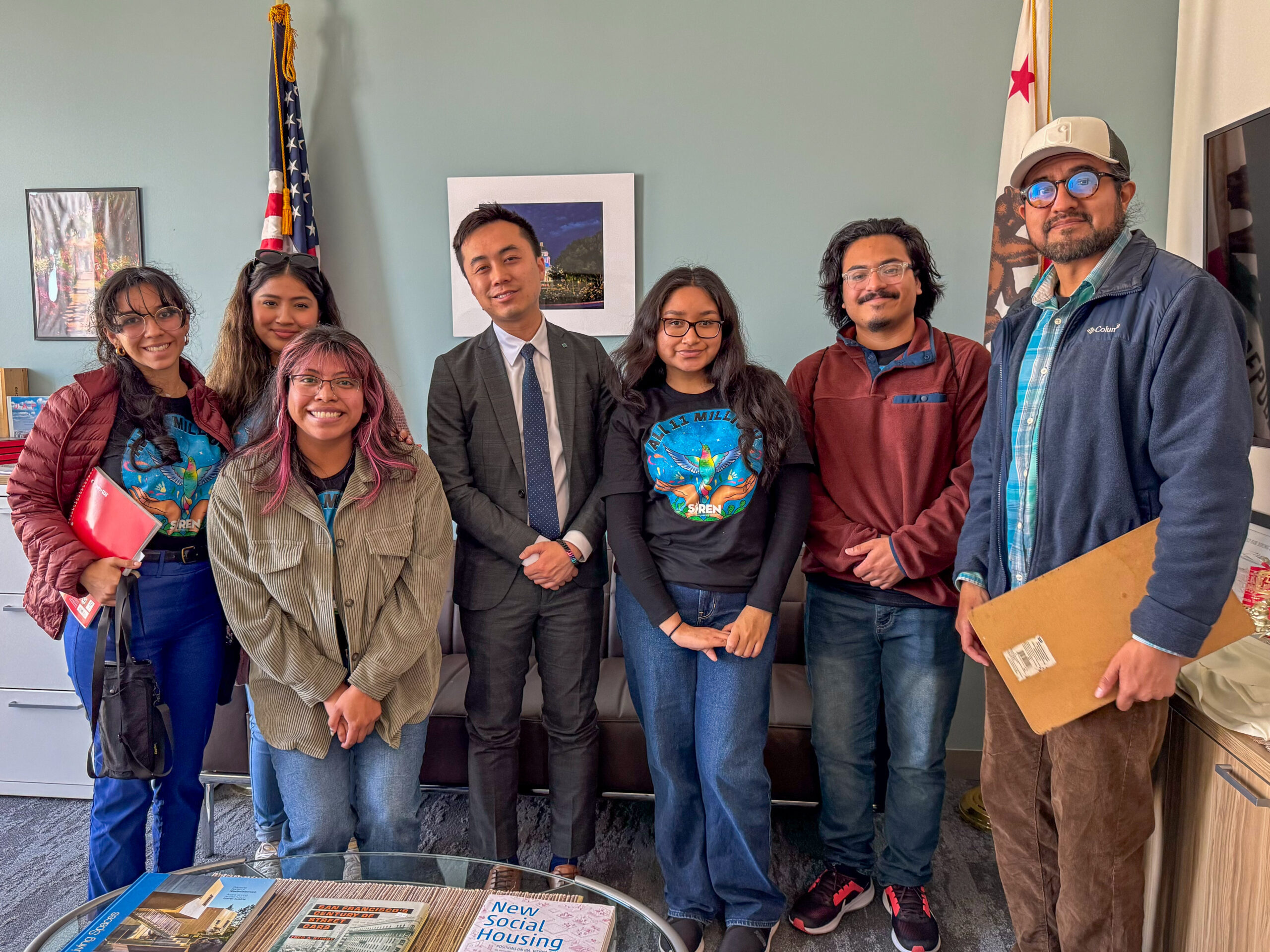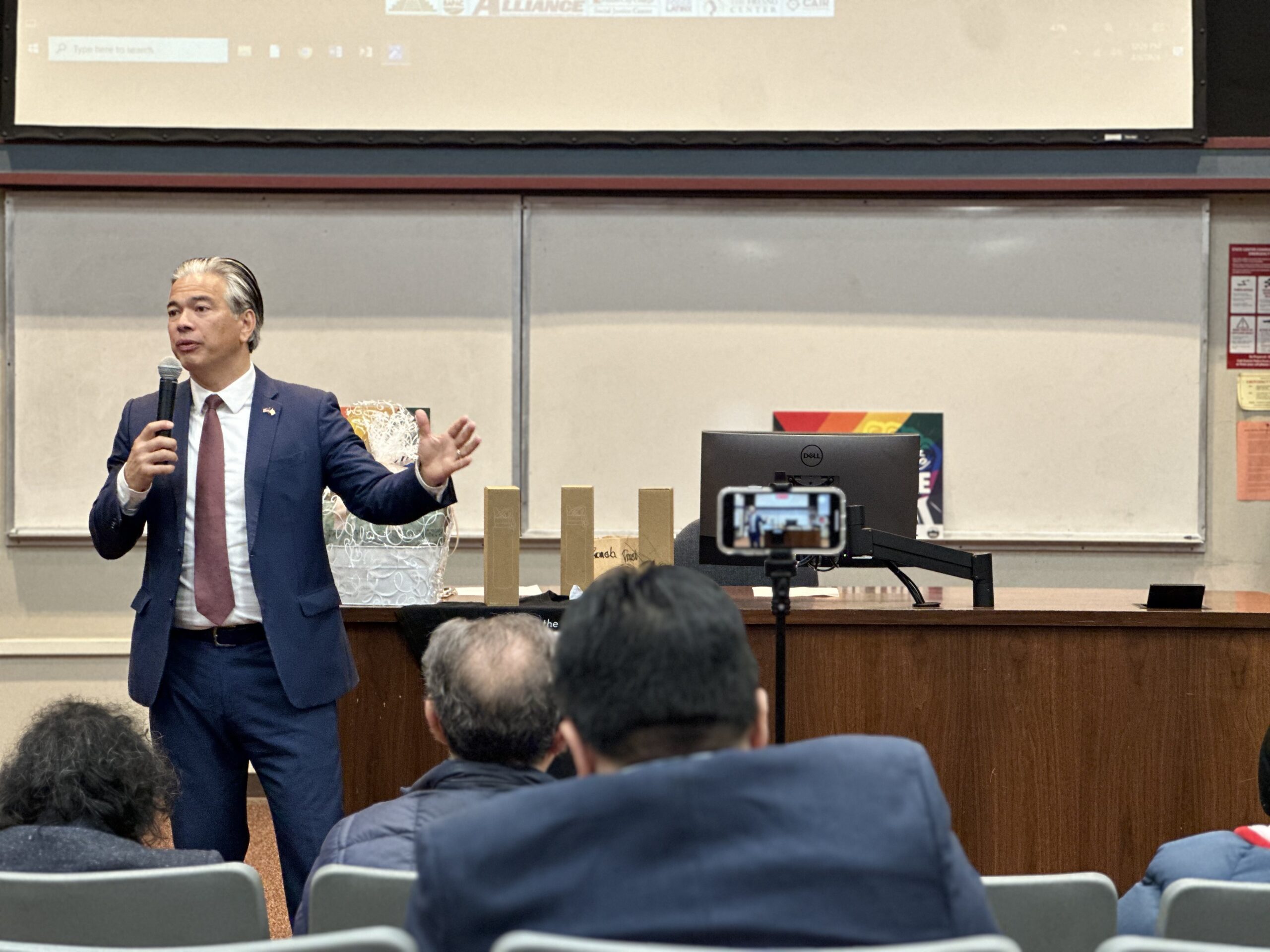My uncle is in prison. Talking about the prison system and about him being locked up is pretty hard. He might not even know I am writing about him. With my uncle being locked up, it has opened my eyes to the prison system and how incarceration affects families, friends, and younger kids.
The judge said twenty-five years to life. That is a pretty long time for someone who barely remembers the night his whole life changed in the blink of an eye. His car, whose gun? So many questions, not enough answers. I do not know everything that happened which led him to get locked up, but from what he has told me, it was not fair.
Growing up, he sent a lot of birthday letters to me, but I never really understood them too well. Now, every time I get a letter from him, my face lights up with a big smile. I write him back every chance I get. We talk about a lot of things, mainly about our lives and the future. He listens to what I say, and writes back with good advice.
In my last letter, I wrote about how scared I was to start high school this year because of having to make new friends and having new classes. My uncle wrote me back saying I should not be scared because I can make friends easily and I should ask my teachers for help. I really feel like I can trust him.
I realize I am not the only young person who has a family member locked up. My friend Shayna’s dad has been locked up for over nine years. When I asked her about it, she said she didn’t really care because she didn’t really know him. Maybe deep down, she is hurt he was not there for her.
[pullquote_right]“My dad freakin’ got locked up a week before my birthday,” said Brittany, “and we were supposed to chill together.”[/pullquote_right]Another friend, Brittany, has three relatives locked up, her dad, uncle, and cousin. I talked to her about it, and she was mad when she heard they got locked up. “My dad freakin’ got locked up a week before my birthday,” said Brittany, “and we were supposed to chill together.” Even though she is close to her dad, she doesn’t get to visit him.
My uncle has been in prison longer than I have been alive. Going to visit him in prison when I was younger made me wonder if we were going to have to do that for the rest of our lives. It was always my grandma, my mom, and I who went.
I remember the first time I went to visit him around the time when I was five years old. It was a sunny day and I couldn’t wait to see him. I was standing there waiting and waiting for him to walk through the door. All of a sudden, someone picked me up from behind and I realized it was my uncle. I was happy and surprised. I did not want him to put me down. When we left, I felt sad, knowing I probably wouldn’t see him for a long time.
I would ask my mom why he couldn’t come back home with us, but I know it was hard for her to explain it to me at such a young age. Family means a lot to my mom and now at fifteen years old, I understand why it was so hard for her.
Going to visit him was weird for a couple of years because of the dress code and the policies. Visitors can’t wear certain colors, dark blue jeans, jewelry, and other things.
When we get there, we go through the information station and write down our date of birth, the person we’re visiting, how many pieces of jewelry we are wearing, and other information. Then we wait for the bus, which takes us to the metal detector station where we take off anything that is metal and we take off our shoes.
I recently talked to Jonquisha Damon, who has studied incarceration and received her Masters degree in Criminology from Fresno State. She works at the Boys and Girls Club. Jonquisha shared with me how studying incarceration gave her insight on how to work with people who have behavior problems because of what happened to her brother. “My brother was in prison,” she said, “My family tried to hide it but then I looked it at from their point of view, they were hurt…how is this going to affect my family.” Instead of letting this get her down, Jonquisha used it to push her harder to do better in school.
Hearing the stories of Jonquisha and my friends remind me of my own struggle with having my uncle locked up. Incarceration broke my family apart because it took my uncle away, and I know how it can negatively impact younger kids. I hope one day my uncle will be free so I can get to know him and he won’t have to miss out on any more of my life.


